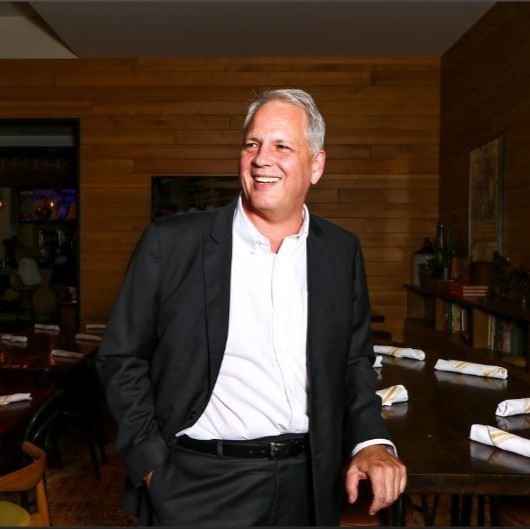In a growing city, HR needs a partner in IT in order to handle traditional tasks and modern challenges. In Tampa, Russell Haupert oversees that relationship as chief information officer, chief technology officer and director of technology and innovation, serving the Florida city of about 400,000 residents and 4,800 full-time and part-time employees. HRE spoke with Haupert at this week’s Oracle CloudWorld event in Las Vegas to discuss how a small IT department was able to move from 1990s-era technology to a modern cloud system.
This interview has been lightly edited for clarity and brevity.
HRE: You joined as Tampa’s chief information and technology officer a decade ago. What was the HR technology like at that time?

Russell Haupert: When I started this job, we were a mainframe shop. They did all of their development in-house, so the last 10 years have been about how do I move these folks to more modern, commercial applications. We were running a Novell network at the time and even 10 years ago, it was old.
When I got here, I had a staff of about 125 and 10 years later, my staff is the same size and the whole city has grown around us. We have more parks, transportation, cops and firefighters—all the things that you need to be a successful city. But our back-office operations, both in HR and IT, didn’t grow. The only way that you can do that is if you make the investment in technology.
HRE: So you moved to Oracle cloud services?
Haupert: We knew we had to and we felt like this was going to amplify our capabilities. With our latest enterprise resource planning project, we implemented our Oracle HCM when we were coming into the pandemic. We did this full implementation mostly remote.
HRE: What are Tampa’s HR and other departments’ special needs?
Haupert: We’ve got like 30 different departments and they all have their own primary businesses. They all want to know that they’re the most important customer we have and I do my best to do that. They all have different needs.
From an HR standpoint, we knew that we needed to do this change. We know that everybody needs that digital connection and self-service was really a big thing for us. We wanted to use this new system the way it was designed to be used and then start “infilling” [data and operations] where we once kept track of things in spreadsheets or a third-party program. We said, let’s take advantage of that workflow that’s more integrated between budget and HR.
HRE: How was your migration to Oracle’s HCM last November?
Haupert: It was one of the smoothest implementations that I’ve ever had a chance to work on. I won’t say we didn’t have issues but we did a lot of great training upfront. Kelly Austin, our HR director, her team, and our payroll team put their A Team on this. It wasn’t like the IT team doing something and throwing it over the fence. We were working together.
HRE: Do you use Oracle technology for onboarding?
Haupert: We’ll be going live in the fall of 2023. A big focus for us when we’re onboarding somebody is what do they need. What kind of training do they require and where are they supposed to go? We want that to all happen in the system.
HRE: Do you have a dedicated person on your IT staff who works with the HR department? Is there an HRIS director? 
Haupert: I’ve got about four folks who are dedicated to supporting HR from a technology standpoint. They’re more or less embedded [with them]. We don’t all live together, but we are there when there’s a new implementation, when they have a problem, or when they’re asking how we do something new. Our IT folks are there supporting them.
HRE: Is there a silver bullet that you’re looking for when it comes to serving IT for HR?
Haupert: No, I don’t think there’s a silver bullet. One of the things I liked about the new system is that every quarter we get bug fixes, upgrades and new capabilities. One of these new capabilities is our learning management system, where supervisors could start setting up their own training programs. And our HR department said, “we need that right now.” You would not have seen that before because now we’re in this new platform, and it’s pushing us to adopt new technologies and improvements that are happening on a quarterly basis.
I think that prepares not just our HR department, but our whole workforce for the idea that your job changes every day. And you need to incorporate those improvements in your work every day.
Registration is open for HRE‘s upcoming HR Tech Virtual Conference from Feb. 28 to March 2. Register here.
The post How the city of Tampa moved to modern HR technology appeared first on HR Executive.